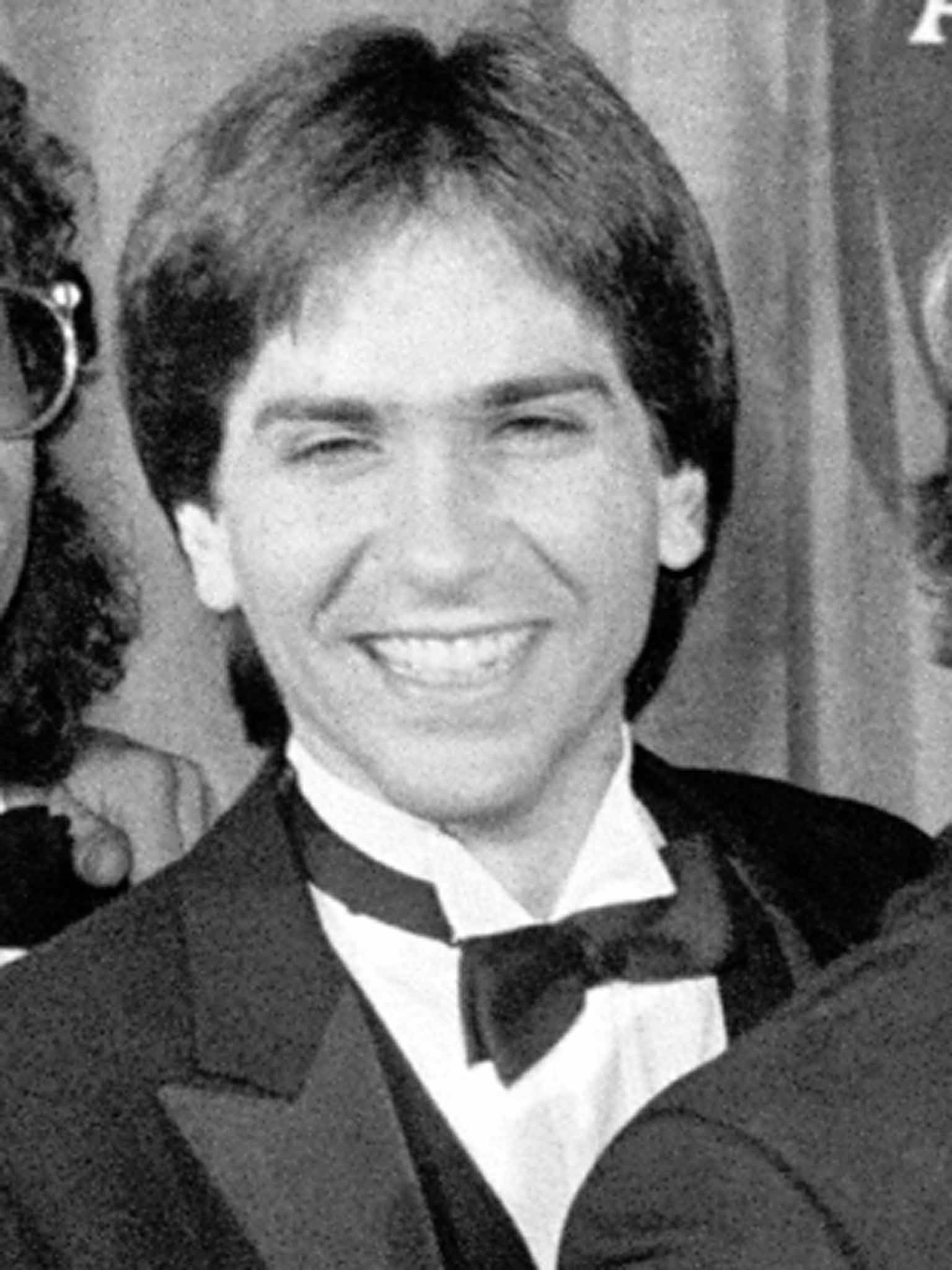Mike Porcaro: Innovative bass guitarist whose abilities helped make American band Toto one of the giants of soft rock
A great admirer of the Motown bass-player James Jamerson, Mike Porcaro made Toto a funkier proposition

Your support helps us to tell the story
From reproductive rights to climate change to Big Tech, The Independent is on the ground when the story is developing. Whether it's investigating the financials of Elon Musk's pro-Trump PAC or producing our latest documentary, 'The A Word', which shines a light on the American women fighting for reproductive rights, we know how important it is to parse out the facts from the messaging.
At such a critical moment in US history, we need reporters on the ground. Your donation allows us to keep sending journalists to speak to both sides of the story.
The Independent is trusted by Americans across the entire political spectrum. And unlike many other quality news outlets, we choose not to lock Americans out of our reporting and analysis with paywalls. We believe quality journalism should be available to everyone, paid for by those who can afford it.
Your support makes all the difference.A dexterous player and experienced session musician who pioneered the use of the five-string bass guitar in pop, Mike Porcaro proved a natural fit when he joined the US soft rock group Toto in 1982 as a replacement for the departing founder member David Hungate.
The sextet, also comprising Mike's elder brother, the drummer Jeff Porcaro, and his younger brother, the keyboard-player Steve Porcaro, as well as David Paich, Steve Lukather and Bobby Kimball, had just completed Toto IV, the multi-million selling, multi-Grammy winning album that established them as supreme exponents of the adult oriented rock genre. Mike contributed a distinctive cello part to the Toto IV track "Good For You", appeared in the videos for the worldwide hits "Rosanna" and "Africa", and became a mainstay of the band.
Toto built a reputation on the live circuit that enhanced their popularity and matched the sophistication of the nine studio albums he recorded with them, including the best-sellers Isolation (1984), Fahrenheit (1986), The Seventh One (1988), Kingdom Of Desire (1992) and Tambu (1995), and the soundtrack to Dune, the ill-fated 1984 sci-fi film directed by David Lynch. Especially popular in continental Europe, Toto overcame the death of Jeff Porcaro, who suffered a severe allergic reaction to pesticides in 1992. He was replaced by the British-born drummer Simon Phillips.
Mike retired from touring in 2007 after being diagnosed with amyotrophic lateral sclerosis, or Lou Gehrig's disease. Toto disbanded the following year but regrouped in 2010 and played gigs to help pay his medical bills. They continue to raise awareness about the condition.
Mike was the son of the jazz drummer and percussionist Joe Porcaro, who moved the family from Connecticut to Los Angeles, where he worked with Frank Sinatra, Sarah Vaughan and Lalo Schifrin. With his brothers and school friends, Mike formed Rural Still Life, a garage band that rehearsed in the home studio his father built in the garage of the family home.
This helped turn the budding players into a formidable unit in great demand with artists ranging from Seals & Crofts to the Pointer Sisters via Sparks. However, Mike was otherwise engaged when the others and Hungate backed Boz Scaggs on his 1976 blue-eyed soul masterpiece Silk Degrees, the session that prompted Columbia to offer the musicians a deal as Toto.
A great admirer of the Motown bass-player James Jamerson, Mike Porcaro made Toto a funkier proposition when he took over. "He was more than just our bass player, he was one of us. His groove and feel made him the player he was," Lukather said.
Michael Joseph Porcaro, bassist and songwriter: born South Windsor, Connecticut 29 May 1955; married Cheryl (one daughter, two sons); died Los Angeles 15 March 2015.
Join our commenting forum
Join thought-provoking conversations, follow other Independent readers and see their replies
Comments